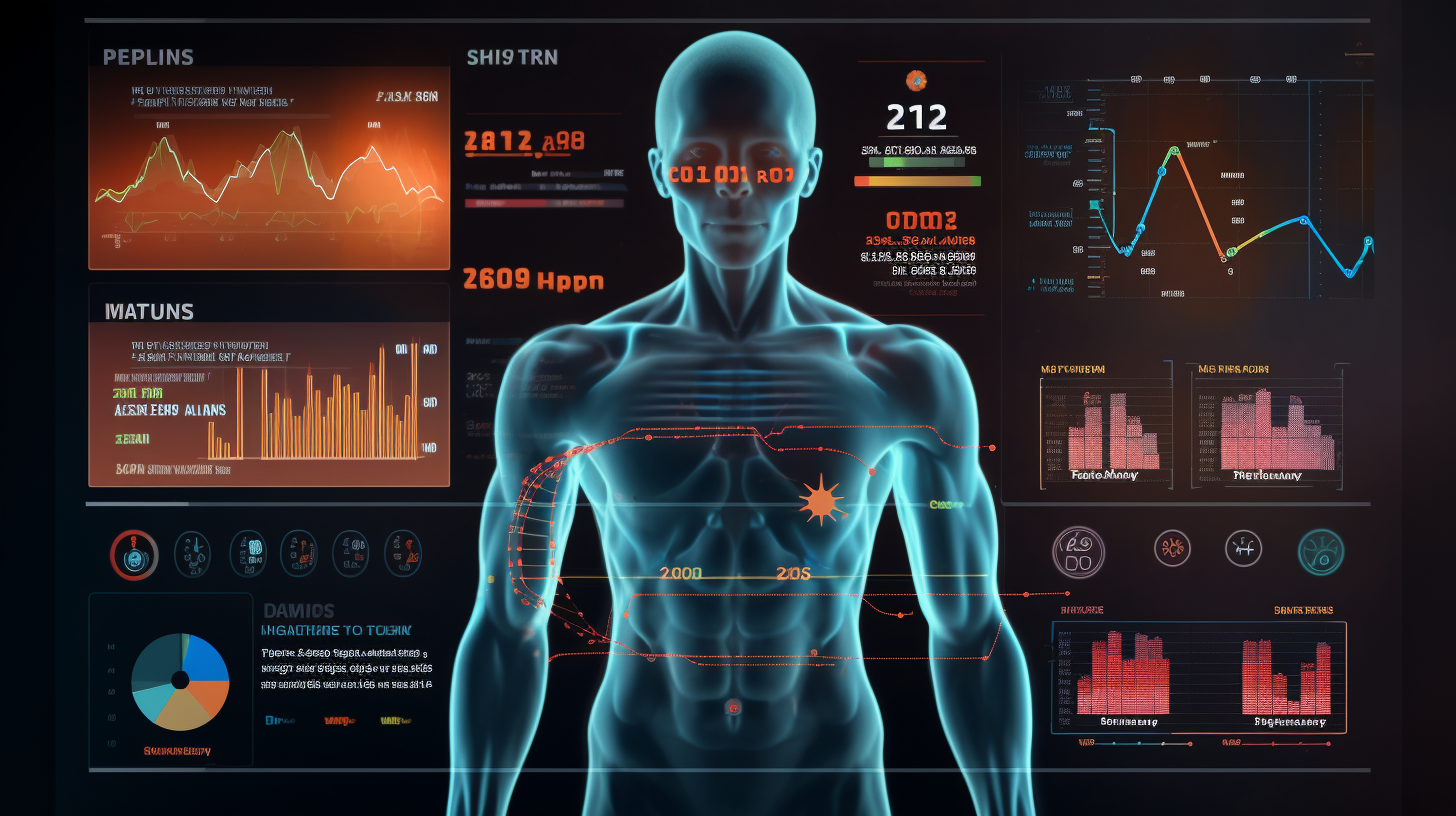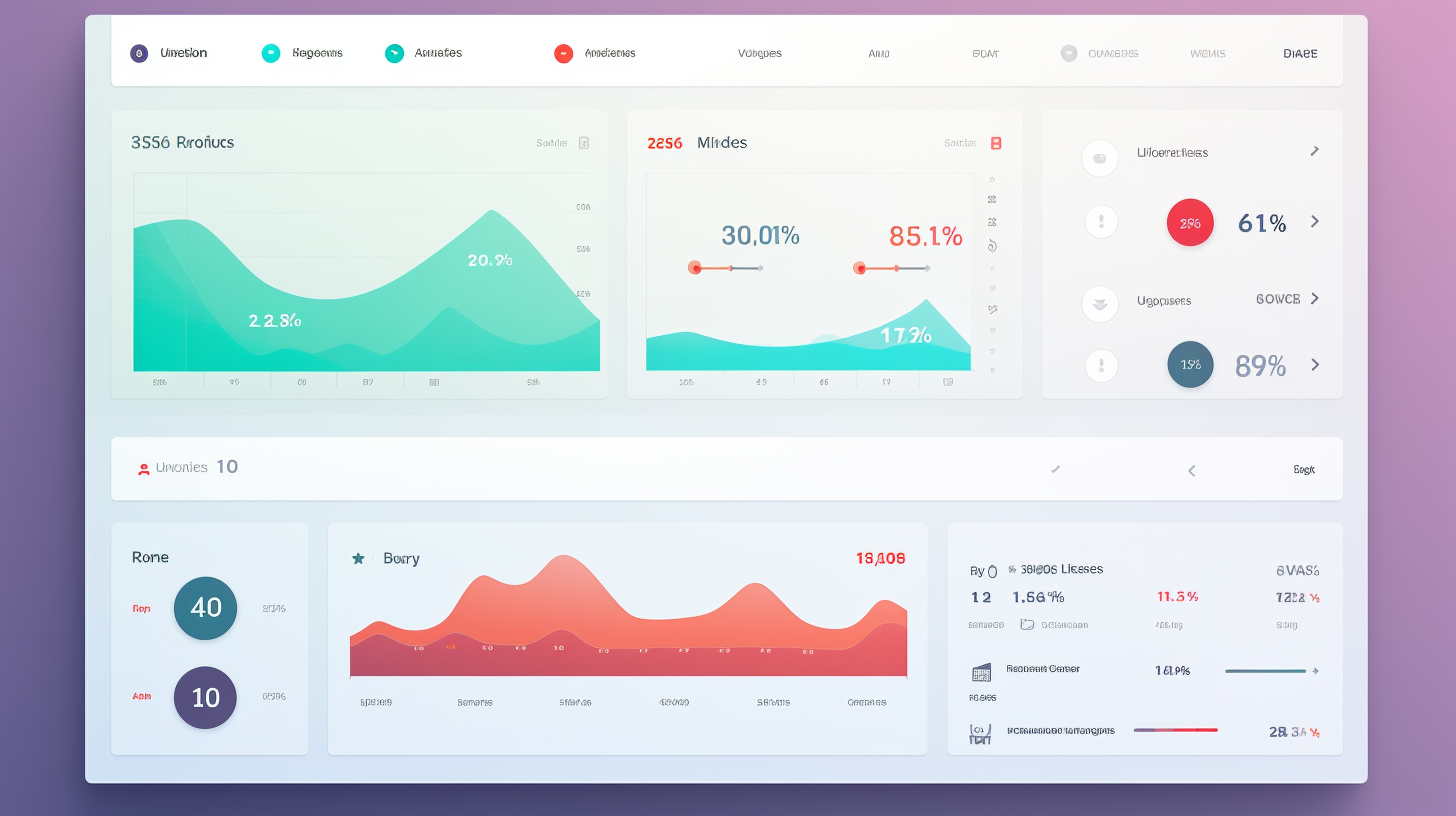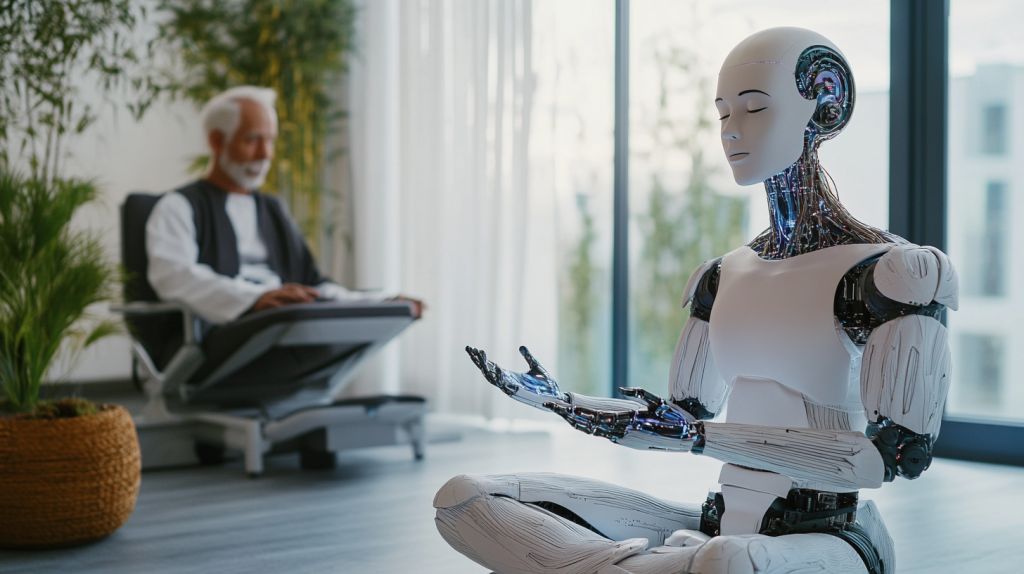Introduction
The integration of Artificial Intelligence (AI) into health and wellness is reshaping how we approach well-being. With the global AI healthcare market projected to reach $187.95 billion by 2030 (Grand View Research), AI is no longer a futuristic concept—it’s a present-day game-changer. From personalized fitness plans to early disease detection, this guide explores how AI empowers individuals to take control of their health.
1. AI-Powered Personal Health Monitoring
Wearables like Fitbit and Apple Watch leverage AI to track heart rate, sleep patterns, and activity levels. These devices analyze data in real-time, offering actionable insights. For example, Fitbit’s AI detects irregular heart rhythms, potentially flagging atrial fibrillation. By 2025, over 1 billion people will use wearable health tech (Statista), underscoring AI’s role in preventive care.

2. Personalized Nutrition & Fitness Plans
Apps like Noom and MyFitnessPal use AI algorithms to craft custom diet and workout regimens. By analyzing user data (age, weight, goals), AI adjusts recommendations dynamically. A 2023 study found users of AI-driven fitness apps achieved goals 30% faster than traditional methods.

3. Mental Health Support via AI Chatbots
Mental health chatbots like Woebot and Wysa provide 24/7 support using cognitive-behavioral therapy (CBT) techniques. Studies show these tools reduce anxiety symptoms by 20% in 2 weeks (JMIR Publications). They offer scalable solutions amid therapist shortages.
4. Chronic Disease Management & Prediction
AI models predict conditions like diabetes and heart disease by analyzing electronic health records (EHRs). Google’s DeepMind AI can detect diabetic retinopathy with 94% accuracy, enabling early intervention. Chronic disease costs could drop by $200 billion annually with AI adoption (McKinsey).

5. Accelerating Drug Discovery
AI slashes drug development timelines from 10 years to 1-2 years. Insilico Medicine used AI to identify a fibrosis drug candidate in 21 days, a process that traditionally takes years. This innovation could lower medication costs and save lives faster.
6. Virtual Health Assistants
AI chatbots like Sensely and Babylon Health triage symptoms, schedule appointments, and provide medical advice. Babylon’s AI saves users 3.5 hours monthly on healthcare tasks, enhancing accessibility.

Future Trends in AI Health Tech
- Telemedicine Integration: AI-powered platforms like Teladoc offer real-time diagnostics during virtual visits.
- Ethical AI: Ensuring data privacy and reducing bias in algorithms remains critical.
FAQs About AI in Health & Wellness
Q: Can AI replace doctors?
A: No—AI complements clinicians by handling data analysis, allowing doctors to focus on patient care.
Q: Is AI in healthcare secure?
A: Reputable platforms use HIPAA-compliant encryption, but users should verify privacy policies.
Q: How affordable is AI health tech?
A: Many apps offer free tiers, while wearables start at $50. Insurance increasingly covers AI-driven tools.
Conclusion
AI is democratizing access to personalized health solutions, from mental health support to chronic disease management. Staying informed about these innovations ensures you harness their full potential.
Call to Action: Share this post to spread the word about AI’s health benefits! Subscribe for updates on cutting-edge wellness tech.




